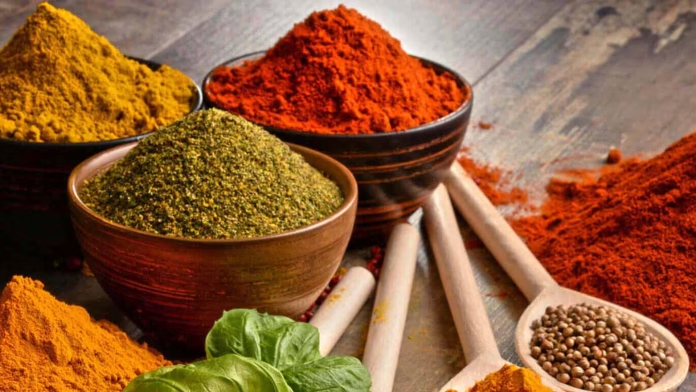The spice industry is an essential part of the Indian food culture and is also a vital sector of the country’s economy. The industry has a long history, dating back to the ancient times when India was a major exporter of spices to different parts of the world. Today, India is the world’s largest producer, consumer, and exporter of spices, with an estimated production of over 4 million tonnes of spices annually.
The ready-made masala or ready-to-cook spice industry is a sub-sector of the larger spice industry, which includes packaged spices, ready-to-eat foods, and spice mixes. The sector has been experiencing significant growth over the years, driven by the changing lifestyles and food habits of the Indian population.
Mohit Malhotra, CEO, Dabur India, said, “The branded spice market is growing at a double-digit rate because of factors such as a rise in consumption, a shift from unbranded to branded products, and a growing preference for regional flavours across states.” “As the market is dominated by regional players, it holds significant potential for growth in the future.”
Anil Chugh, President, Food Business, Wipro Consumer Care and Lighting, said, “The attraction in the spice category comes from it being a big category growing at 10 to 12 per cent.” “We recognise that spices are core to Indian cooking, and the mix changes from region to region with strong regional preferences. There is a huge opportunity in this space for shifting consumers from an unorganised to organised market by offering authentic, pure, and trusted spice mixes.”
Harish Bijoor, Marketing Expert,said, “The packaged masala market is viewed as having large volumes, being customisable, therefore, there is great excitement in the space.”
“Such consolidations will improve the industry as bigger companies bring quality, standardisation, and trust with them. Also, the industry has mostly seen regional players, and it gets difficult for those brands to expand their business to other geographies. So, a great strategy would be for one parent company to own nine different brands and have different plays in different markets.”
“Any major company entering the packaged goods market is aware that in order to go up the value chain and achieve higher profits, they must offer differentiated products. Players like Wipro and Dabur are margin conscious, so the opportunity to increase margins and expand horizontally is appealing to them,”
The entry of new players like Dabur and Wipro Consumer Care and Lighting into the market is a testament to the sector’s potential. These companies are looking to leverage the sector’s growth prospects by offering innovative and high-quality products that cater to the changing tastes of the Indian consumers.
Dabur, for instance, has been expanding its portfolio of food products, which includes packaged fruit juices, honey, and chyawanprash, among others. The acquisition of Badshah Masala is part of the company’s strategy to enter the branded spices market and tap into the huge potential that the sector offers.
Similarly, Wipro Consumer Care and Lighting has been actively expanding its food business by acquiring local food brands like Yardley, Chandrika, and Santoor. The acquisition of Nirapara is a significant step towards the company’s goal of becoming a major player in the spice, snack food, and ready-to-cook markets.
The Indian spice market is highly fragmented, with numerous small and medium-sized players operating in the unorganized sector. According to reports, the unorganized sector accounts for about 77% of the spice market in India, offering ample opportunities for organized players to gain market share.
The presence of a large unorganized sector also means that there is a significant untapped market that can be converted into potential customers for the organized sector. This is an attractive proposition for companies like Wipro Consumer Care, who believe that they can switch consumers from the unorganized to the organized sector and gain market share.
The market for packaged masalas is diverse and offers a wide range of products catering to different tastes and preferences. Dry masalas, wet masalas, garam masalas, and other varieties are available in the market, providing significant opportunities for new players to enter the sector.
As per estimates, the branded spice market in India is worth more than INR 25,000 crore, with an additional INR 25,000 crore in the unbranded market. The spice category as a whole is valued at INR 72,000 crore in India, indicating the immense potential that the sector holds.
The ready-made masala or ready-to-cook spice industry is a rapidly growing sub-sector of the Indian spice industry, with significant potential for expansion. The entry of new players like Dabur and Wipro Consumer Care and Lighting is a testament to the sector’s growth prospects, and these companies are likely to play a significant role in shaping the future of the industry in the years to come.





